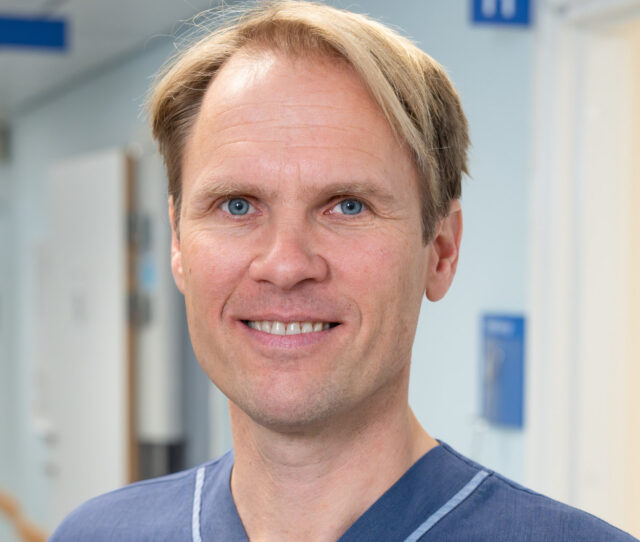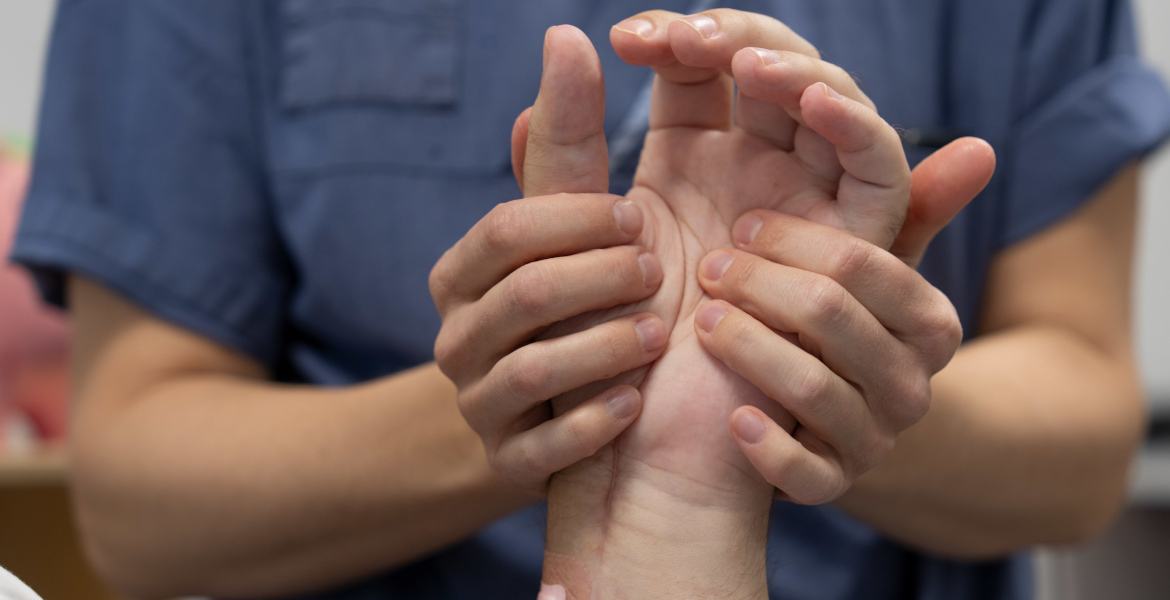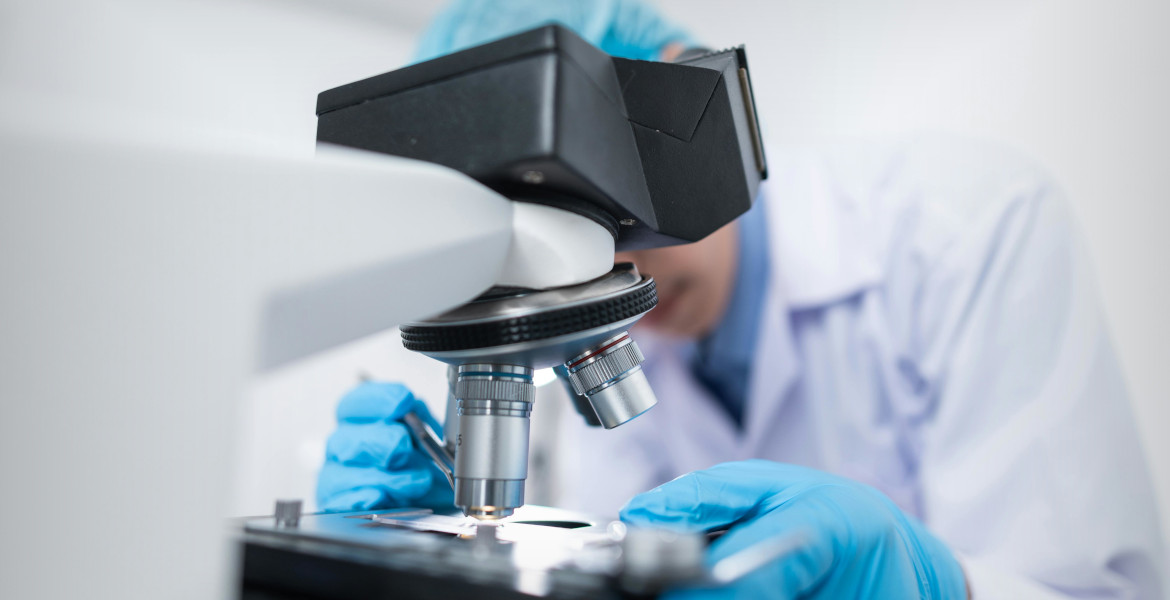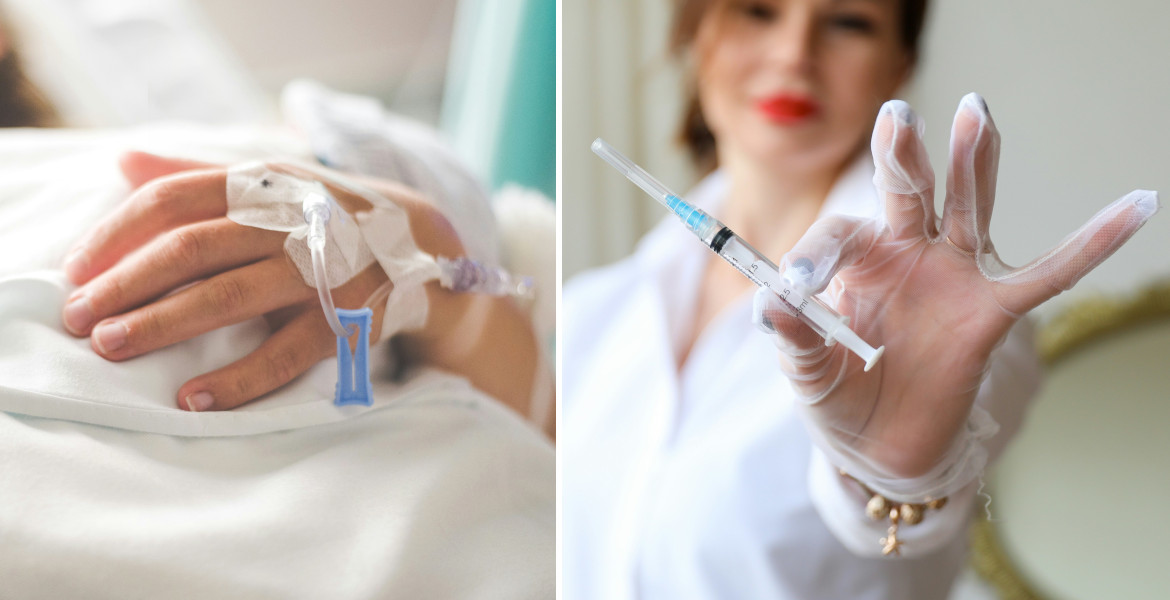A patient who lost both hands after a severe infection has undergone a unique double hand transplant in Stockholm, Sweden. The operation, which took 19 hours and involved approximately 40 staff members, was performed in collaboration between Södersjukhuset and Karolinska University Hospital.
The patient is now working on rehabilitation and has slowly begun using the new hands in daily life.
As a result of a multi-year close collaboration between Södersjukhuset and Karolinska University Hospital, Sweden has now performed its second-ever double hand transplant, announces Södersjukhuset on its website.
The procedure, exceptional in its complexity, marks a major step forward for reconstructive surgery and transplant care in the country.
– The hand transplant is the result of fantastic teamwork and collaboration within the region. The transplant demonstrates the high level of expertise we have at Södersjukhuset, in Stockholm Region, and in Sweden, says Karouk Said, hospital director at Södersjukhuset.
Extensive and demanding teamwork
The 19-hour operation required a team of approximately 40 specialists, including hand surgeons, plastic surgeons, transplant surgeons, and anesthesia and intensive care staff.
Tobias Laurell, head of operations and hand surgeon at Södersjukhuset, emphasizes that collaboration and planning were crucial.
– Losing your hands means great suffering. We have been in contact with the patient for several years before the hand transplant. Now it is fantastic to see how the patient is gradually regaining function in the new hands, which is a process that takes a long time and requires extensive rehabilitation. Such a complex and rare operation requires teamwork between many different professional groups.

The background to the unique operation is extensive. The surgeons have conducted simulations, practiced scenarios, and built up a joint hand transplant program.
Matching donor hands has been particularly demanding – blood type, antibodies, skin tone, and hand size must match very precisely.
Additionally, blood circulation must be restored very quickly after the hands are connected, which places very high demands on logistics.
Early results and rehabilitation
Three months after the operation, the patient has already begun using the new hands in daily life: writing and eating with utensils are examples of early progress.
Rehabilitation started just a few days after the operation and now takes place daily.
According to transplant surgeons at Karolinska, this procedure is not just an individual success – it is a prestigious project for Swedish highly specialized care.
– For us who usually transplant internal organs, it has been fascinating and different to be able to see the transplanted hands and the patient's progress, says senior physician Helena Genberg at Karolinska Institute.
Because the body can reject the transplanted hands, the patient requires lifelong immunosuppressive treatment.
The transplant surgeons and Regional Donation Center at Karolinska University Hospital have been responsible for the immunosuppressive treatment and advanced logistics around the transplant.
– It is exciting that our experience of transplantation and immunosuppressive treatment is being used in this exciting project, says Torbjörn Lundgren, senior physician at ME Transplantation at Karolinska University Hospital.
Risks and future perspectives
Despite the successes, the risks are significant. The transplant requires lifelong medication and careful follow-up, and rehabilitation is both time-consuming and mentally demanding.
Additionally, there is the issue of access to donor organs – matching is difficult and the number of donors is limited. However, the operation demonstrates that Swedish transplant care is at the forefront even when it comes to extremely complex surgical procedures.
If rehabilitation continues to go well, this could pave the way for more similar transplants and even closer collaboration between hospitals.
At the same time, many questions remain: How do you ensure enough donors? How does healthcare manage the long-term costs and risks? And what role should advanced reconstructive surgery have in future healthcare policy?
"We feel great gratitude toward the person and the relatives who made this possible through donation after death," concludes the press release from Södersjukhuset.
Note: The first double hand transplant in Sweden took place in December 2020, when a woman became the first person in Scandinavia to undergo such an operation at Sahlgrenska University Hospital in Gothenburg, Sweden.




